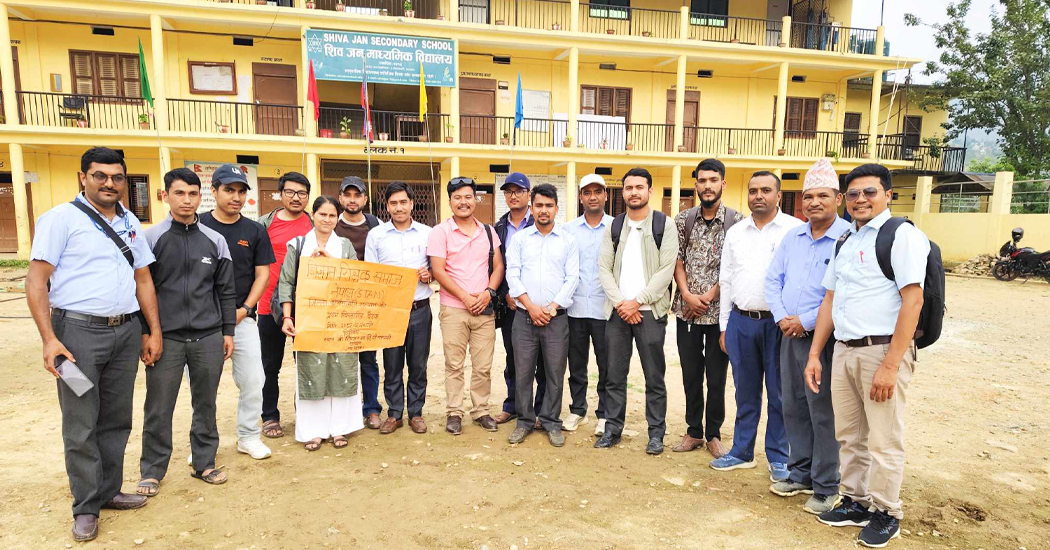
Science Teachers in Salyan Launch Initiative to Improve Education
In Salyan, science teachers have come together with a collective plan to enhance the quality of science education and empower educators across the district.
The District Working Committee of the Nepal Science Teachers’ Association has taken the lead in launching initiatives aimed at improving the effectiveness of science instruction and ensuring consistency across all municipalities in the district.
District-Wide Coordination and Training Plans
According to Lalit Pun, Chairperson of the Salyan chapter of the Science Teachers’ Association, the committee has decided to formally request budget allocation from all 10 local governments in the district to run activities such as:
-
Development of science educational materials
-
Science talent identification programs
-
Teacher training sessions on science pedagogy
He shared,
“We recently concluded an extended meeting of the district committee in Srinagar. We have decided to coordinate with the District Education Coordination Unit, Salyan, and the education sections of all local governments to conduct comprehensive training programs covering curriculum familiarization, project work, and experimental class operations.”
Committee Expansion Across All Local Governments
As part of a broader campaign to establish working committees in every local government, responsibilities have been assigned to teacher representatives for the remaining areas:
-
Netralal Bhattarai (Narayan) – Darma
-
Lalit Pun – Bangad Kupinde
-
Dal Bahadur Rana – Kumakh
-
Shiv Sundar K.C. – Siddha Kumakh
Formation of the District Advisory Committee
A District Advisory Committee has also been formed with the following roles:
-
Coordinator: Netralal Bhattarai
-
Members: Madhav G.C., Chudamani K.C., Dal Bahadur Rana, Jitendra Mandal
Strengthening Structure for Policy Advocacy
Coordinator Bhattarai emphasized the importance of building a strong organizational structure to:
-
Address challenges in science education
-
Strengthen collaboration among teachers
-
Amplify the voice of educators in policy-level discussions
Call for Transparent Practical Evaluations
He also advocated for introducing external supervision through teacher exchange systems to make practical evaluations in grades 8 and 10 more transparent and impartial.
Development of PowerPoint Resources and Model Sets
To support technology-friendly teaching, Bhattarai added that the association plans to:
-
Form a committee to develop PowerPoint slides that fully cover the science curriculum for grades 8 and 10
-
Distribute responsibilities and proceed with structured planning
The local science teachers’ committees will each prepare three sets of question papers for grades 8 and 10. Based on these, the district committee will compile model question sets to help students across the district prepare for exams effectively.
Salyan

